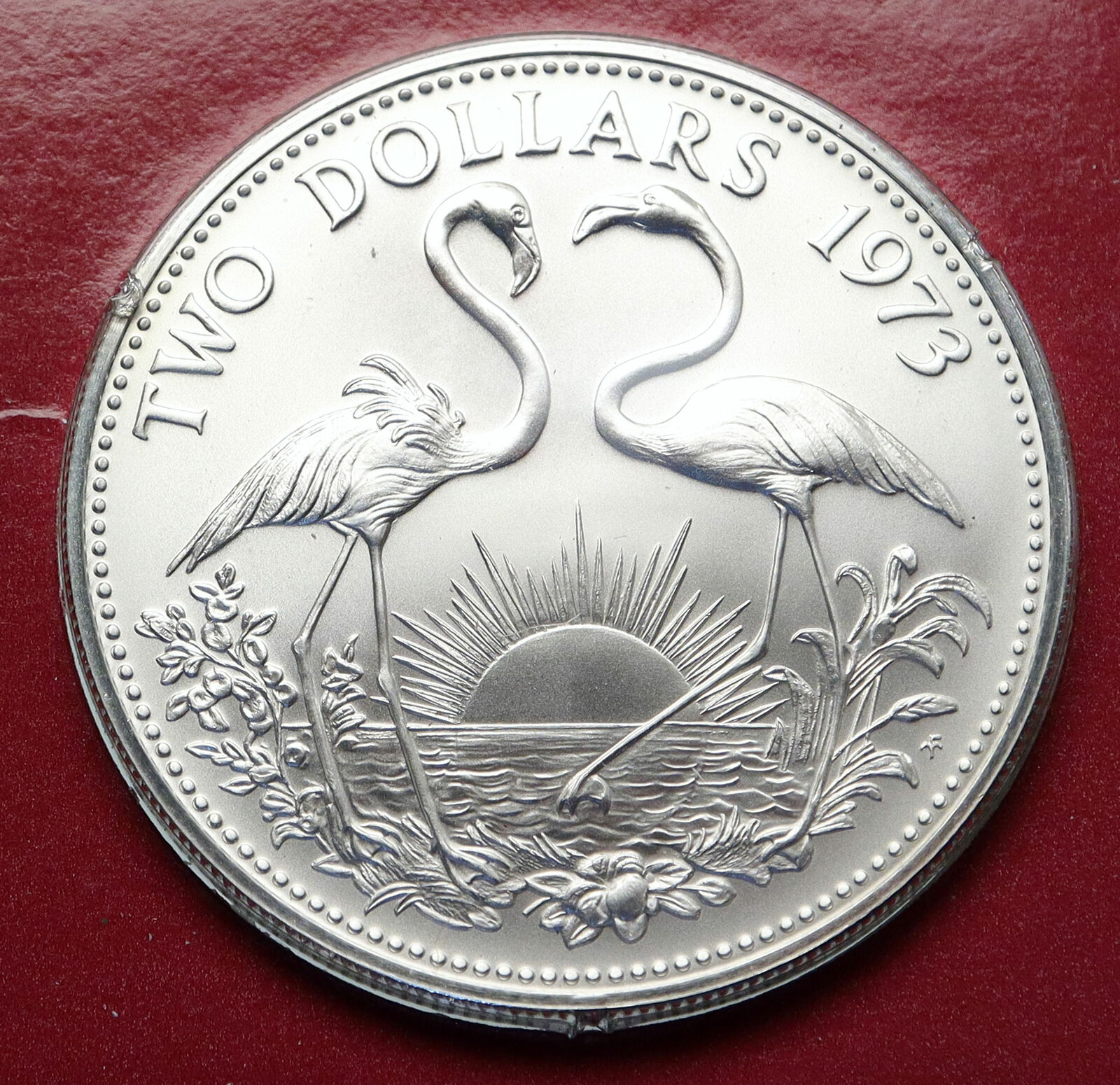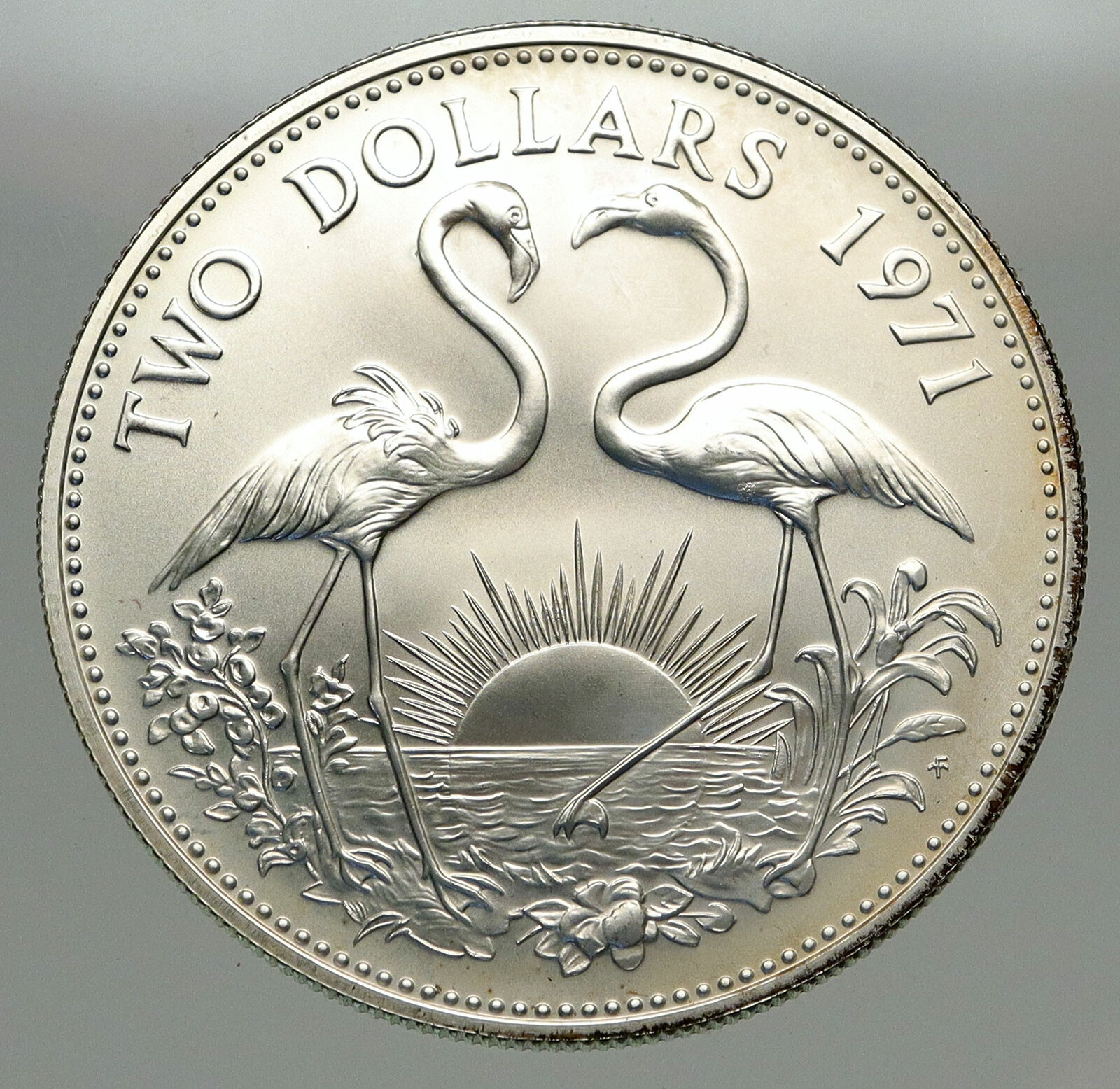|
Tokelau Islands under Elizabeth II – Queen: 6 February 1952– present – Year of the Snak
2013 Silver 5 Dollar 39mm (31.10 grams) 0.999 Silver (0.9999 oz. ASW)
ELIZABETH II TOKELAU 2013 Five Dollars – 1 oz 999 Silver, The obverse features the profile of Queen Elizabeth II designed by Ian Rank-Broadley. Below the profile is the national symbol of Tokelau, the tuluma. The motto on the ribbon translates to “Tokelau for God.”
The reverse of the coin shows a mother snake watching over her clutch in the tall grass, as the eggs hatch and the baby snakes emerge. A cartouche to the left contains the year 2013.
You are bidding on the exact item pictured, provided with a Certificate of Authenticity and Lifetime Guarantee of Authenticity.
 Elizabeth II (Elizabeth Alexandra Mary; born 21 April 1926[a]) is, and has been since her accession in 1952, Queen of the United Kingdom, Canada, Australia, and New Zealand, and Head of the Commonwealth. She is also Queen of 12 countries that have become independent since her accession: Jamaica, Barbados, the Bahamas, Grenada, Papua New Guinea, Solomon Islands, Tuvalu, Saint Lucia, Saint Vincent and the Grenadines, Belize, Antigua and Barbuda, and Saint Kitts and Nevis. Elizabeth II (Elizabeth Alexandra Mary; born 21 April 1926[a]) is, and has been since her accession in 1952, Queen of the United Kingdom, Canada, Australia, and New Zealand, and Head of the Commonwealth. She is also Queen of 12 countries that have become independent since her accession: Jamaica, Barbados, the Bahamas, Grenada, Papua New Guinea, Solomon Islands, Tuvalu, Saint Lucia, Saint Vincent and the Grenadines, Belize, Antigua and Barbuda, and Saint Kitts and Nevis.
Elizabeth was born in London to the Duke and Duchess of York, later King George VI and Queen Elizabeth, and was the elder of their two daughters. She was educated privately at home. Her father acceded to the throne on the abdication of his brother Edward VIII in 1936, from which time she was the heir presumptive. She began to undertake public duties during World War II, serving in the Auxiliary Territorial Service. In 1947, she married Prince Philip, Duke of Edinburgh, with whom she has four children: Charles, Anne, Andrew, and Edward.
Elizabeth’s many historic visits and meetings include a state visit to the Republic of Ireland and reciprocal visits to and from the Pope. She has seen major constitutional changes, such as devolution in the United Kingdom, Canadian patriation, and the decolonisation of Africa. She has also reigned through various wars and conflicts involving many of her realms. She is the world’s oldest reigning monarch as well as Britain’s longest-lived. In 2015, she surpassed the reign of her great-great-grandmother, Queen Victoria, to become the longest-reigning British monarch and the longest-reigning queen regnant in world history.
Times of personal significance have included the births and marriages of her children, grandchildren and great grandchildren, her coronation in 1953, and the celebration of milestones such as her Silver, Golden and Diamond Jubilees in 1977, 2002, and 2012, respectively. Moments of sadness for her include the death of her father, aged 56; the assassination of Prince Philip’s uncle, Lord Mountbatten; the breakdown of her children’s marriages in 1992 (her annus horribilis); the death in 1997 of her son’s former wife, Diana, Princess of Wales; and the deaths of her mother and sister in 2002. Elizabeth has occasionally faced republican sentiments and severe press criticism of the royal family, but support for the monarchy and her personal popularity remain high.
 Tokelau (/ˈtoʊkəlaʊ/; previously known as the Union Islands, and officially as Tokelau Islands until 1976; lit. “north-northeast”) is a dependent territory of New Zealand in the southern Pacific Ocean. It consists of three tropical coral atolls (Atafu, Nukunonu and Fakaofo), with a combined land area of 10 km2 (4 sq mi). The capital rotates yearly between the three atolls. Tokelau lies north of the Samoan Islands, east of Tuvalu, south of the Phoenix Islands, southwest of the more distant Line Islands, and northwest of the Cook Islands. Swains Island is geographically part of Tokelau, but is subject to an ongoing territorial dispute and is currently administered by the United States as part of American Samoa. Tokelau (/ˈtoʊkəlaʊ/; previously known as the Union Islands, and officially as Tokelau Islands until 1976; lit. “north-northeast”) is a dependent territory of New Zealand in the southern Pacific Ocean. It consists of three tropical coral atolls (Atafu, Nukunonu and Fakaofo), with a combined land area of 10 km2 (4 sq mi). The capital rotates yearly between the three atolls. Tokelau lies north of the Samoan Islands, east of Tuvalu, south of the Phoenix Islands, southwest of the more distant Line Islands, and northwest of the Cook Islands. Swains Island is geographically part of Tokelau, but is subject to an ongoing territorial dispute and is currently administered by the United States as part of American Samoa.
 .svg/250px-Tokelau_on_the_globe_(Polynesia_centered).svg.png) Tokelau has a population of approximately 1,500 people, the fourth-smallest population of any sovereign state or dependency. As of the 2016 census, around 45% of residents were born overseas, mostly in Samoa and New Zealand. The nation has a life expectancy of 69, comparable with other Oceanian island nations. Approximately 94% of the population speak Tokelauan as a first language. Tokelau has the smallest economy in the world, although it is a leader in renewable energy, being the first 100% solar powered nation in the world. Tokelau has a population of approximately 1,500 people, the fourth-smallest population of any sovereign state or dependency. As of the 2016 census, around 45% of residents were born overseas, mostly in Samoa and New Zealand. The nation has a life expectancy of 69, comparable with other Oceanian island nations. Approximately 94% of the population speak Tokelauan as a first language. Tokelau has the smallest economy in the world, although it is a leader in renewable energy, being the first 100% solar powered nation in the world.
Tokelau is officially referred to as a nation by both the New Zealand government and the Tokelauan government. It is a free and democratic nation with elections every three years. However, in 2007 the United Nations General Assembly included Tokelau on its list of non-self-governing territories. Its inclusion on the list is controversial, as Tokelauans have twice voted against further self-determination and the islands’ small population reduces the viability of self-government. The basis of Tokelau’s legislative, administrative and judicial systems is the Tokelau Islands Act 1948, which has been amended on a number of occasions. Since 1993, the territory has annually elected its own head of government, the Ulu-o-Tokelau. Previously the Administrator of Tokelau was the highest official in the government and the territory was administered directly by a New Zealand government department.
|





 Elizabeth II (Elizabeth Alexandra Mary; born 21 April 1926[a]) is, and has been since her accession in 1952, Queen of the United Kingdom, Canada, Australia, and New Zealand, and Head of the Commonwealth. She is also Queen of 12 countries that have become independent since her accession: Jamaica, Barbados, the Bahamas, Grenada, Papua New Guinea, Solomon Islands, Tuvalu, Saint Lucia, Saint Vincent and the Grenadines, Belize, Antigua and Barbuda, and Saint Kitts and Nevis.
Elizabeth II (Elizabeth Alexandra Mary; born 21 April 1926[a]) is, and has been since her accession in 1952, Queen of the United Kingdom, Canada, Australia, and New Zealand, and Head of the Commonwealth. She is also Queen of 12 countries that have become independent since her accession: Jamaica, Barbados, the Bahamas, Grenada, Papua New Guinea, Solomon Islands, Tuvalu, Saint Lucia, Saint Vincent and the Grenadines, Belize, Antigua and Barbuda, and Saint Kitts and Nevis. Tokelau (/ˈtoʊkəlaʊ/; previously known as the Union Islands, and officially as Tokelau Islands until 1976; lit. “north-northeast”) is a dependent territory of New Zealand in the southern Pacific Ocean. It consists of three tropical coral atolls (Atafu, Nukunonu and Fakaofo), with a combined land area of 10 km2 (4 sq mi). The capital rotates yearly between the three atolls. Tokelau lies north of the Samoan Islands, east of Tuvalu, south of the Phoenix Islands, southwest of the more distant Line Islands, and northwest of the Cook Islands. Swains Island is geographically part of Tokelau, but is subject to an ongoing territorial dispute and is currently administered by the United States as part of American Samoa.
Tokelau (/ˈtoʊkəlaʊ/; previously known as the Union Islands, and officially as Tokelau Islands until 1976; lit. “north-northeast”) is a dependent territory of New Zealand in the southern Pacific Ocean. It consists of three tropical coral atolls (Atafu, Nukunonu and Fakaofo), with a combined land area of 10 km2 (4 sq mi). The capital rotates yearly between the three atolls. Tokelau lies north of the Samoan Islands, east of Tuvalu, south of the Phoenix Islands, southwest of the more distant Line Islands, and northwest of the Cook Islands. Swains Island is geographically part of Tokelau, but is subject to an ongoing territorial dispute and is currently administered by the United States as part of American Samoa. 
.svg/250px-Tokelau_on_the_globe_(Polynesia_centered).svg.png) Tokelau has a population of approximately 1,500 people, the fourth-smallest population of any sovereign state or dependency. As of the 2016 census, around 45% of residents were born overseas, mostly in Samoa and New Zealand. The nation has a life expectancy of 69, comparable with other Oceanian island nations. Approximately 94% of the population speak Tokelauan as a first language. Tokelau has the smallest economy in the world, although it is a leader in renewable energy, being the first 100% solar powered nation in the world.
Tokelau has a population of approximately 1,500 people, the fourth-smallest population of any sovereign state or dependency. As of the 2016 census, around 45% of residents were born overseas, mostly in Samoa and New Zealand. The nation has a life expectancy of 69, comparable with other Oceanian island nations. Approximately 94% of the population speak Tokelauan as a first language. Tokelau has the smallest economy in the world, although it is a leader in renewable energy, being the first 100% solar powered nation in the world. 




